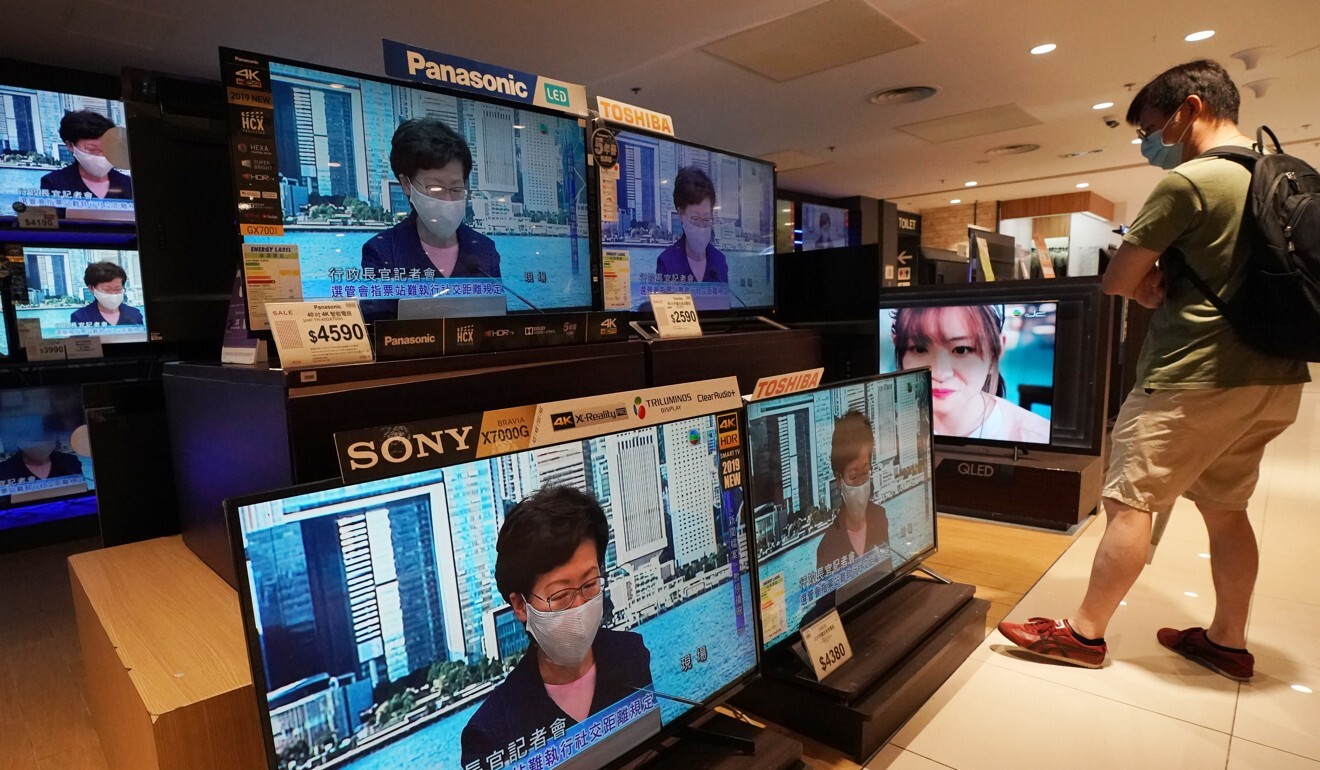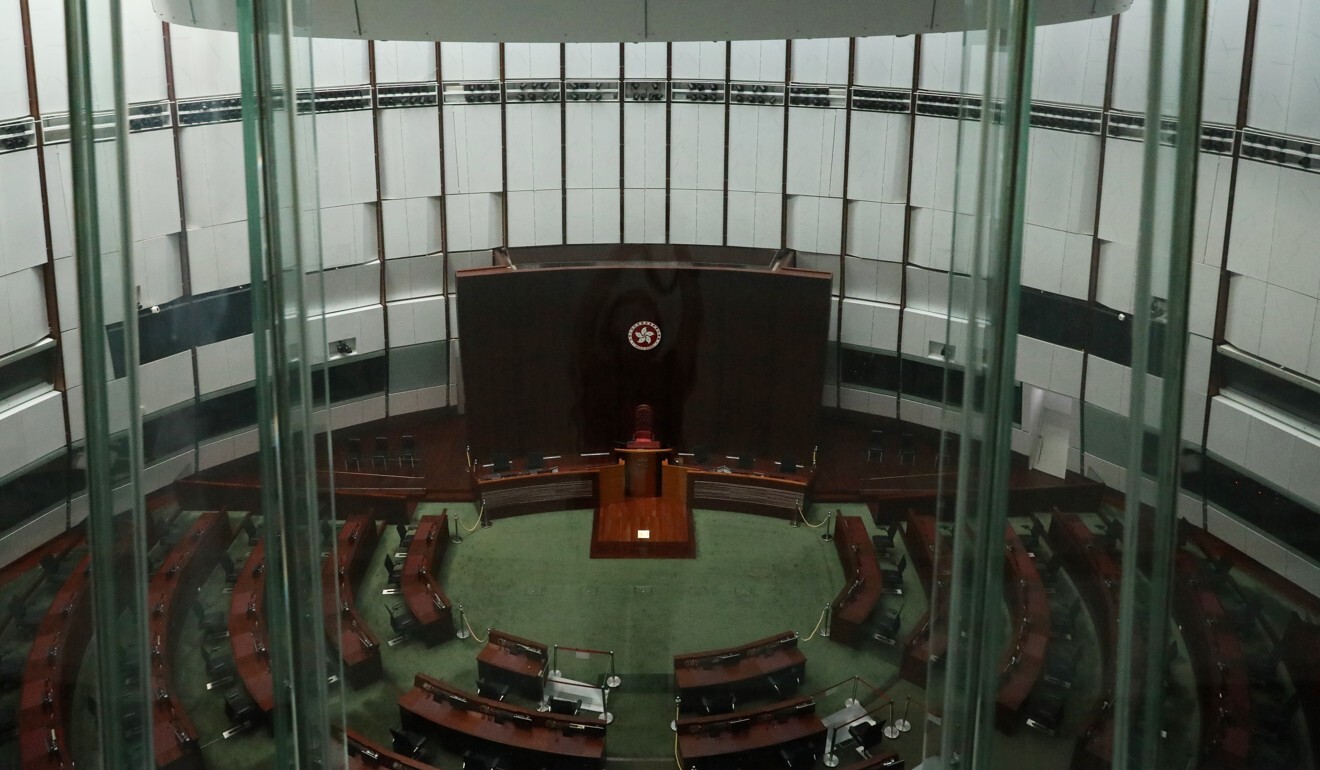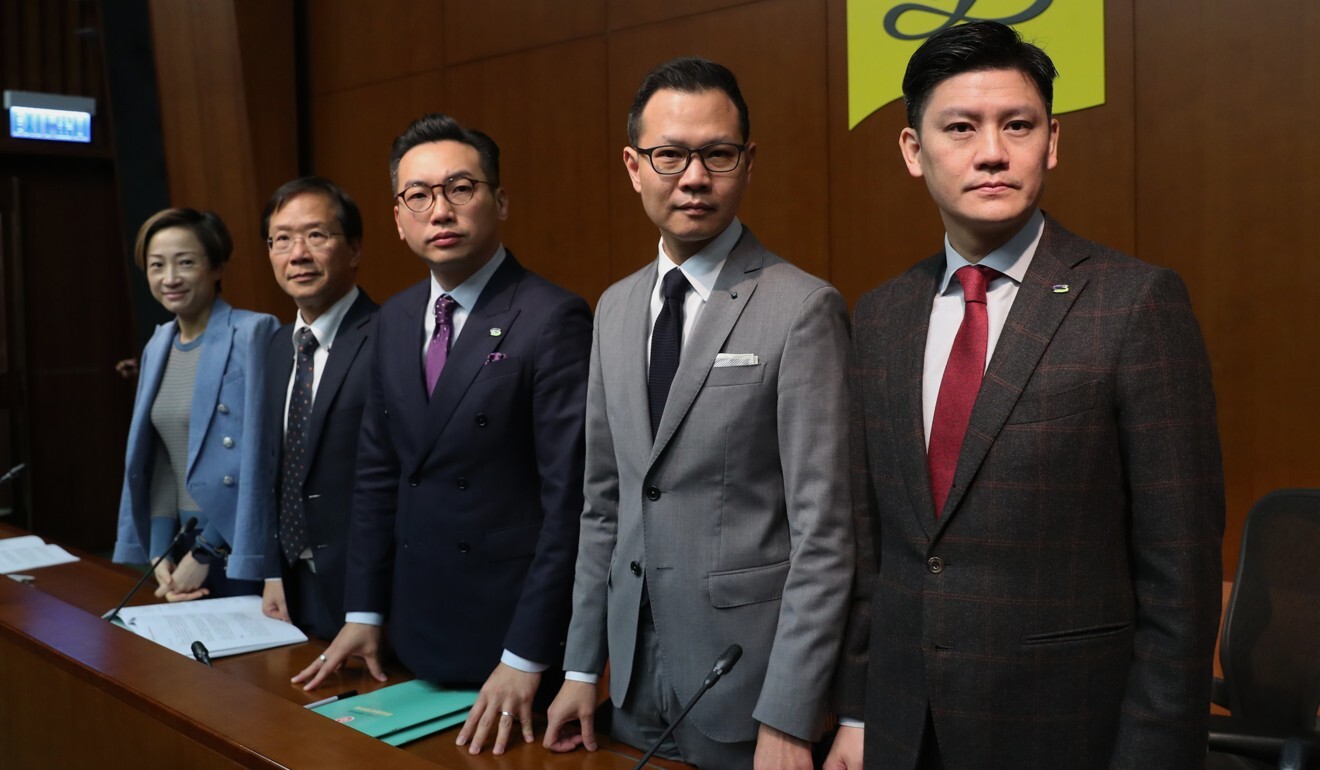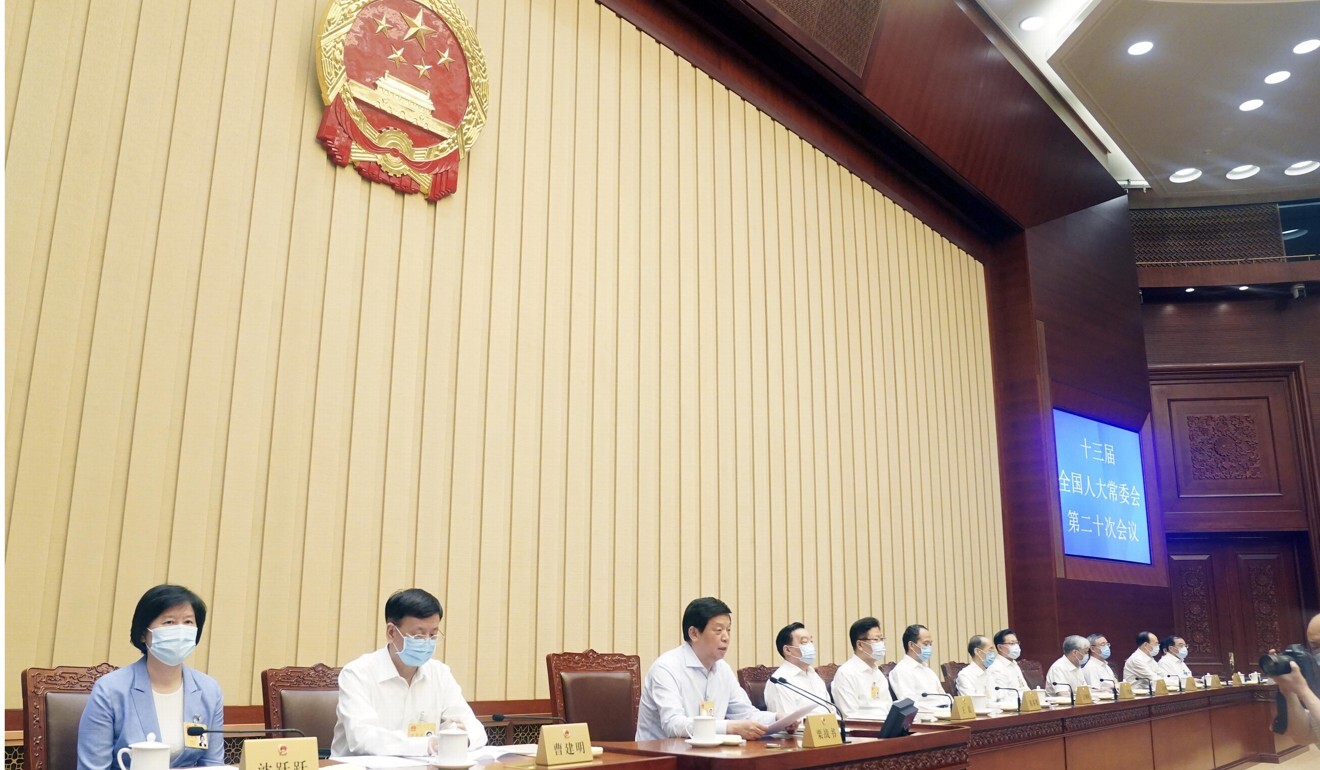
Explainer | What next for Hong Kong’s Legco? Beijing meeting will decide if lawmakers continue for an extra year until polls
- Extending Legco’s term will cause the least upset, but some prefer that Beijing appoint a provisional body
- Question over four lawmakers banned from contesting polls: should they be allowed to carry on?
Below, we examine the issues the country’s top legislative body will consider as it plugs the legal gaps created by the postponement.

How did Hong Kong end up on the top legislature’s agenda again?
It was only on June 30 that the nation’s top legislature endorsed a national security law for Hong Kong that outlawed acts of secession, subversion, terrorism and foreign interference in the city’s affairs. Now, again, it will be looking at a matter concerning the city’s affairs.
This time, it follows from city leader Carrie Lam’s announcement that the Legco elections would be delayed by a year. The postponement created a problem, because the legislature’s mandated four-year term expires on September 30.
A key question is whether the legislature’s term can be extended for a year. If it is extended, will all current lawmakers continue? If it is not, what will replace it?
Under the Legislative Council Ordinance, the chief executive can postpone the election if it is likely to be disrupted under three scenarios: a typhoon or other serious weather condition; a riot, open violence or any danger to public health or safety; or an incident that appears to be a material irregularity relating to the elections.
The law also allows the city leader to postpone the election by 14 days and to repeat the process indefinitely, but Lam said doing so would lead the public to think she was abusing her power. Instead, she has turned to Beijing, leaving it for the Standing Committee to decide.

What are the key decisions to be made?
The main question revolves around what to do when the Legco’s term expires on September 30. Two options have surfaced: extend the current Legco’s term by a year, or establish a provisional legislature.
Lam said it would be most pragmatic to simply extend the term. Some moderate pro-establishment politicians support the idea, which is less controversial than creating a new, provisional Legco.
Li Xiaobing, a Hong Kong specialist and law professor at Nankai University in Tianjin, and Tian Feilong, an associate professor at Beihang University’s law school in Beijing, agreed it would be better to extend the term of incumbent lawmakers, as they enjoyed a popular mandate.
But Lau Siu-kai, vice-president of the semi-official Chinese Association of Hong Kong and Macau Studies, said extending the term might require an interpretation of Article 69 of the Basic Law, which fixes the Legco’s term at four years.
He favoured having a provisional Legco, something last done in the mid-1990s before Hong Kong was handed back to China by the British, and he suggested Beijing should appoint the members of this interim body.
A senior legal source, meanwhile, said extending the current Legco’s term by a year would be more palatable to Hongkongers as well as the international community.

What about the lawmakers barred from seeking re-election?
Another outstanding issue is whether four pan-democrat lawmakers – Alvin Yeung Ngok-kiu, Kwok Ka-ki, Dennis Kwok and Kenneth Leung – can continue to serve during the Legco’s extended term or in a provisional legislature.
The four have been disqualified from seeking re-election. Election officials who made that decision cited the national security law and pan-democrats’ previous calls for foreign governments to sanction Beijing and Hong Kong.
Lam’s own view is that all sitting members should carry on if the Legco term is extended, but the pro-establishment camp is divided on this matter.
Raymond Tam Chi-yuen, a Hong Kong deputy to the NPC and former secretary for constitutional and mainland affairs, had earlier suggested asking all existing lawmakers, including the four disqualified men, to take their oaths again before carrying on for another year.
But pro-Beijing politician Tam Yiu-chung, the city’s sole delegate to the Standing Committee, said there would be conflicts if the four remained, and expected the matter to be discussed in Beijing.
Mainland academic Li Xiaobing felt the four should be allowed to continue. “Running in an election and extending the term of serving lawmakers are two different matters. There should not be any political screening when extending the term of serving legislators,” he said.
Noting that the Legco elections were postponed because of the pandemic, he added: “It would be unwise to launch ‘political cleansing’ by purging certain lawmakers for political considerations.”
The senior legal source felt the four could stay on if the Legco term was extended, despite their being barred from standing in a fresh election. “Their disqualification does not terminate their existing term,” the source said.

How does the Standing Committee work?
The NPCSC comprises 175 delegates from various mainland provinces, cities and sectors, and is headed by NPC chairman Li Zhanshu. It has the power to supervise the enforcement of the mainland’s constitution and the work of the State Council, the Central Military Commission, the Supreme People’s Court and the Supreme People’s Procuratorate. It is also empowered to interpret Hong Kong’s Basic Law, the city’s mini-constitution.
It normally meets every two months, though it may hold interim meetings when necessary. The agenda for the meeting that starts on Saturday does not include anything on Hong Kong, but additional items may be added during its sitting.

